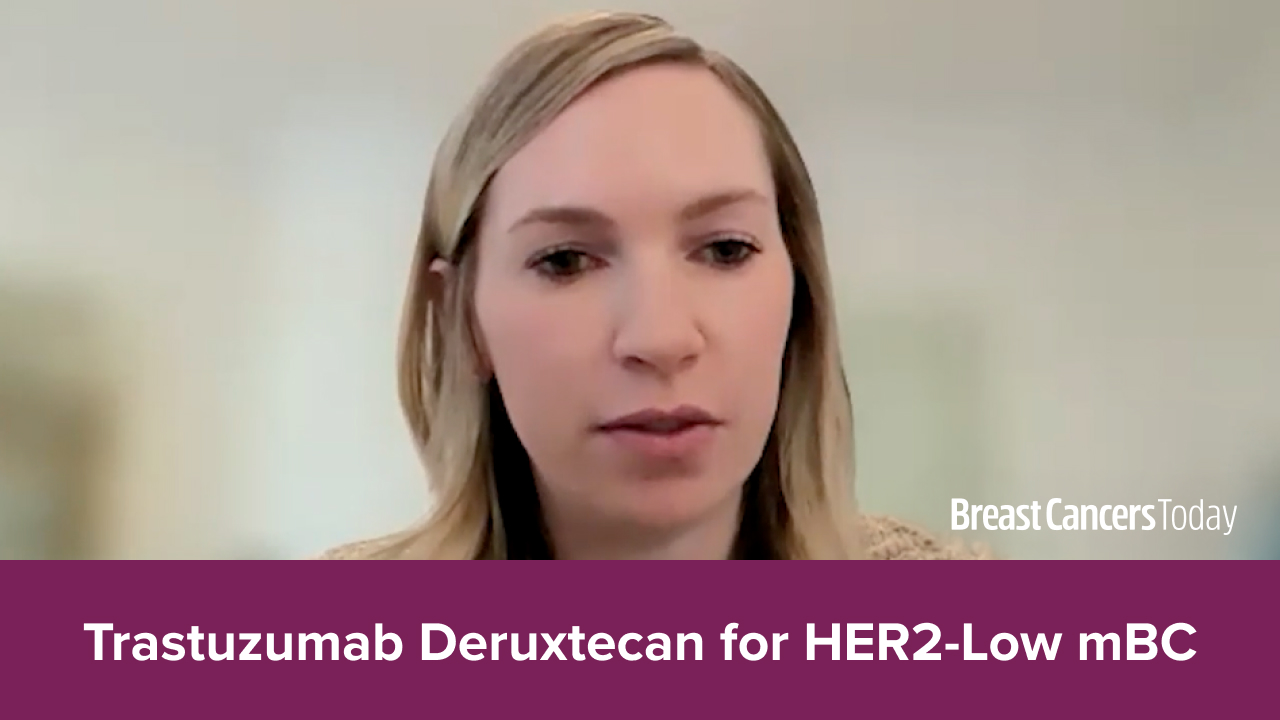
Using the HER2DX genomic tool is feasible and effective in a real-world setting of patients with early-stage HER2-positive breast cancer (BC), according to a study being presented at ESMO Breast Cancer 2024, taking place May 15-17 in Berlin, Germany.
In the first analysis of HER2DX tests performed in consecutive patients with HER2-positive BC, researchers assessed 214 tests with a focus on turnaround times, success rates, and outcomes.
According to the results, the test demonstrated a high success rate of tissue processing (98.6%). From there to generating a test report, the success rate was 100%. Average turnaround time from receiving FFPE samples to reporting was approximately 8 working days.
In terms of outcomes, the proportion of HER2DX high and low risk was 45.3% and 54.7%, respectively, which varied according to clinical stage (except for stage II). The researchers observed statistically significant differences in grade and Ki67 between HER2DX high and low risk, but not age, ER, or TILs. In stage I, HER2DX high risk represented 26.9% of cases. The overall distribution across HER2DX pCR-high, pCR-medium, and pCR-low groups was 30.8%, 27.1%, and 42.1%, respectively.
“Implementation of the HER2DX test is feasible, and it is being used across a wide range of clinical scenarios. The moderate alignment of HER2DX scores with standard clinical-pathological metrics, fitting expected patterns, provides new and meaningful insights for health care providers and [patients].”







 © 2025 Mashup Media, LLC, a Formedics Property. All Rights Reserved.
© 2025 Mashup Media, LLC, a Formedics Property. All Rights Reserved.